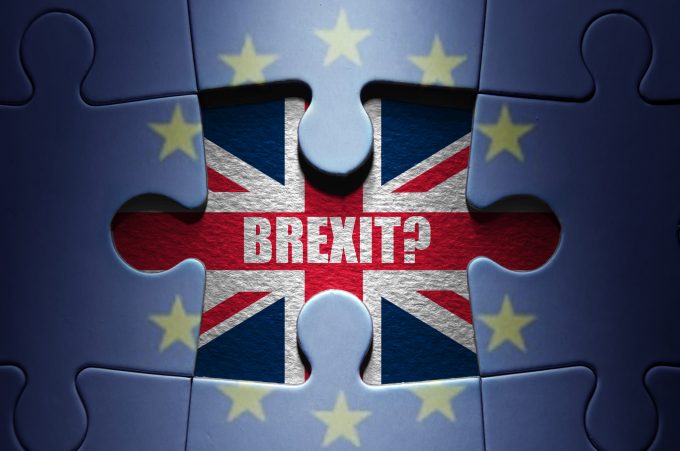BIFA Awards celebrate the brightest and the best in UK freight
Yesterday saw the 36th annual British International Freight Association’s (BIFA) 2024 Freight Service Awards, hosted ...

Logistics associations have welcomed proposals from the UK government on post-Brexit customs arrangements, but want more detail and assurances of continued “frictionless” trade.
Yesterday the Department for Exiting the EU published its Future Customs Arrangement report, which argues for either a “highly streamlined” arrangement or one mirroring what’s already in place.
“The government seeks a new customs arrangement that facilitates the freest and most frictionless trade possible in goods between the UK and the EU,” says the report.
“And one that allows us to forge new trade ...
USTR fees will lead to 'complete destabilisation' of container shipping alliances
Outlook for container shipping 'more uncertain now than at the onset of Covid'
Flexport lawsuit an 'undifferentiated mass of gibberish', claims Freightmate
Cancelled voyages take the sting out of spot rate declines this week
Shippers warned: don't under-value US exports to avoid tariffs – 'CBP will catch you'
Blanked sailings in response to falling demand 'just a stop-gap solution'


Comment on this article
Gunther Ginckels
August 16, 2017 at 2:58 pmWe obviously see with deep regret the UK leaving the EU although the UK was never a loyal EU member and had on my EU basic rules exemptions. Now the People have decided to leave and all parties have to respect that democratic decision. The consequence is that the UK leaves the EU – full stop. This is not a cherry-picking exercise. Once the separation is 100% completed the EU and UK can discuss other trade agreements including customs relaxation and simplifications on border crossings of people and goods. And to avoid alternative facts entering the discussion – It is not the EU who has started this charade so there is no unwillingness from the EU side – on the contrary – everything is on the table after the issues on EU citizens in the UK, Ireland and the confirmation of the UK on earlier made financial commitments.
Roger Kenyon
August 16, 2017 at 4:15 pmThe UK is dreaming, at least that is what the Europeans say. What UK seeks, it won´t get.
Wish lists don´t make a basis for negotiation.
UK is about to leave. If we leave, we don´t have any basis for negotiation, other than poorly thought out wish lists.